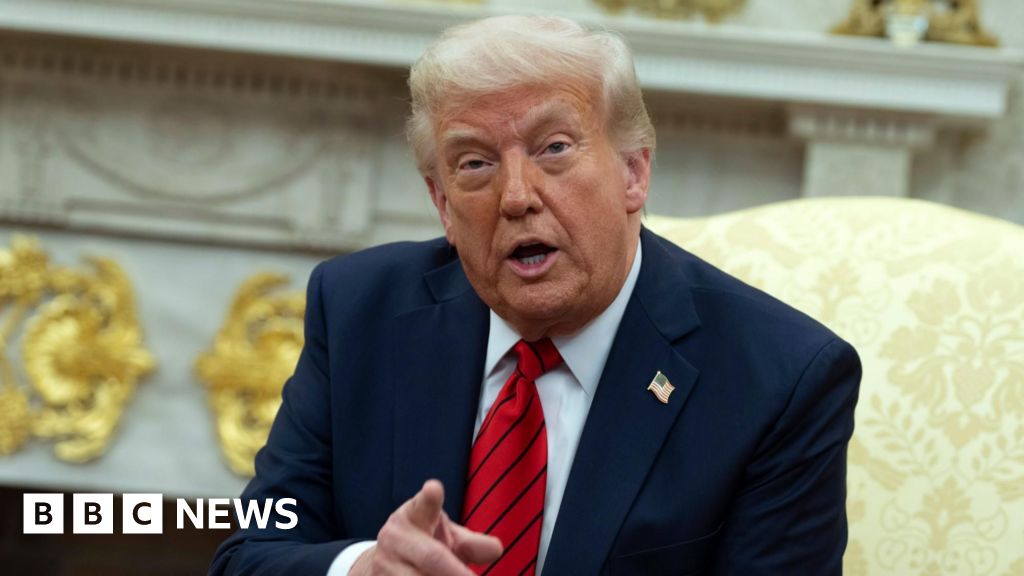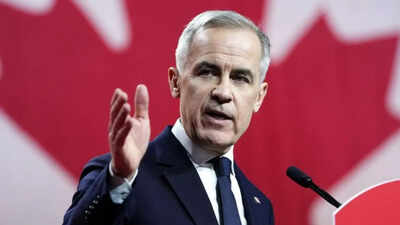Trump Administration Faces Challenges in New Nuclear Deal Negotiations with Iran

On Saturday, talks held in Rome between representatives of the Trump administration and officials from the Islamic Republic of Iran have intensified scrutiny regarding Tehran's commitment to a new nuclear agreement. This follows prior allegations of the Iranian regime's failure to adequately address its controversial nuclear weapons program.
During an appearance on Fox News' 'The Story with Martha MacCallum,' retired General Jack Keane, who serves as a senior strategic analyst for the network, expressed his concerns. He pointed out that Iran appears to be resurrecting the same tactics that it previously employed to secure the Joint Comprehensive Plan of Action (JCPOA) during the Obama administration. Keane characterized this approach as a 'bold-faced lie,' which ultimately culminated in the 'disastrous 2015' agreement.
Keane further articulated that Iran is attempting to repackage its assurances that it will lower its highly enriched uranium levels to a safe percentage and refrain from using it for nuclear weapons development. Instead, he argues, Tehran insists that it will utilize this material for civilian purposes, such as commercial nuclear power. He noted that the Iranian leadership appears to believe that the Trump administration will accept this narrative, despite the fact that President Trump withdrew from the JCPOA in 2018.
President Trump justified his decision to exit the 2015 nuclear deal, which had been negotiated by Obama's team, by stating that it failed to effectively halt Iran's ambitions to create an atomic bomb. His withdrawal marked a significant shift in U.S. foreign policy toward Iran, heightening tensions across the Middle East.
In light of these renewed discussions, a troubling report from earlier this month indicated that Iran's nuclear threat has escalated to what some experts are calling an 'extreme danger.' This development raises further questions about the viability of negotiations between the Trump administration and Iran.
In response to inquiries from Fox News Digital, the State Department provided commentary on Iran's long-standing history of non-compliance and deception in its nuclear dealings. A spokesperson stated, 'This, along with many other issues, will be decided at the negotiating table. The president has been clear: Iran cannot have a nuclear weapon or enrichment program. As we continue to talk, we expect to refine a framework and timetable for working towards a deal that achieves the presidents objectives peacefully.'
President Trump reinforced his administration's stance during a press briefing on Friday, emphasizing, 'Im for stopping Iran very simply from having a nuclear weapon. They can't have a nuclear weapon.'
Central to the concerns regarding Iran's nuclear capabilities is the process of uranium enrichment, which is critical for developing a nuclear weapon. Iranian Foreign Minister Abbas Araghchi acknowledged this reality, stating, 'Irans enrichment is a real, accepted matter. We are ready to build confidence in response to possible concerns, but the issue of enrichment is non-negotiable.'
Mark Wallace, the CEO of United Against Nuclear Iran (UANI) and a former U.N. ambassador under President George W. Bush, shed light on the history of U.N. Security Council resolutions regarding Iran's nuclear enrichment. He noted that during the Bush administration, there was a clear mandate for zero enrichment. However, he criticized the Obama administration's decision to allow Iran to enrich uranium up to 3.67%, which he argues has facilitated Iran's leverage over the international community ever since.
The implications of this enriched uranium are significant; Iran has reportedly produced enough material for six atomic bombs, as highlighted by a February report from the U.N.s International Atomic Energy Agency. Moreover, the agency noted that Iran has made no substantial efforts to resolve existing concerns related to its nuclear activities.
In a stark warning, President Trump indicated in late March that he would consider military action against Iran if it failed to meet his demands for a new nuclear agreement.
Prior to Trump's withdrawal from the JCPOA, Fox News Digital reported that Iran had attempted to acquire illicit technology that could contribute to military nuclear and ballistic missile programs, which cast doubt on Tehran's commitment to the 2015 agreement.
According to a senior fellow at the Jewish Institute for National Security of America (JINSA), John Hannah, the Trump administration is working within a two-month timeline to craft a new deal with Iran. Hannah, who has extensive experience in international negotiations from his time serving under Former Vice President Dick Cheney, emphasized that military pressure has historically compelled Iran's leadership to make concessions. He recalled that the U.S. invasion of Iraq in 2003 forced Supreme Leader Ali Khamenei to temporarily halt Iran's nuclear weapons development due to fears of potential American military action.
Hannah explained that a verifiable dismantling of Iran's nuclear program would require the complete removal of all enriched uranium from the country and the destruction of centrifuges. He noted that Iran's clandestine underground facilities, such as the Fordow nuclear enrichment plant and Natanz nuclear site, had previously been involved in suspicious activities.
In a recent report, an Iranian official stated that during discussions with the United States, Iran signaled a willingness to accept some restrictions on uranium enrichment. However, the official stressed that Tehran requires solid guarantees that President Trump would not renege on any nuclear agreement in the future. These 'red lines' established by Supreme Leader Khamenei prohibit Iran from agreeing to dismantle its centrifuges, cease enrichment entirely, or lower its stock of enriched uranium below the levels set in the now-abandoned 2015 deal.
Additionally, Tehran has made it clear that its missile program is considered off-limits in any negotiations pertaining to its nuclear capabilities.
Top U.S. negotiator Steve Witkoff emphasized on social media that for a successful agreement to be reached with Washington, Iran must cease and eliminate its nuclear enrichment activities, underscoring the complexity and high stakes of the ongoing discussions.
As this intricate diplomatic situation develops, it remains crucial for both the U.S. and Iran to navigate these negotiations carefully, as the potential for conflict looms large.
This report was additionally contributed to by Reuters.



























